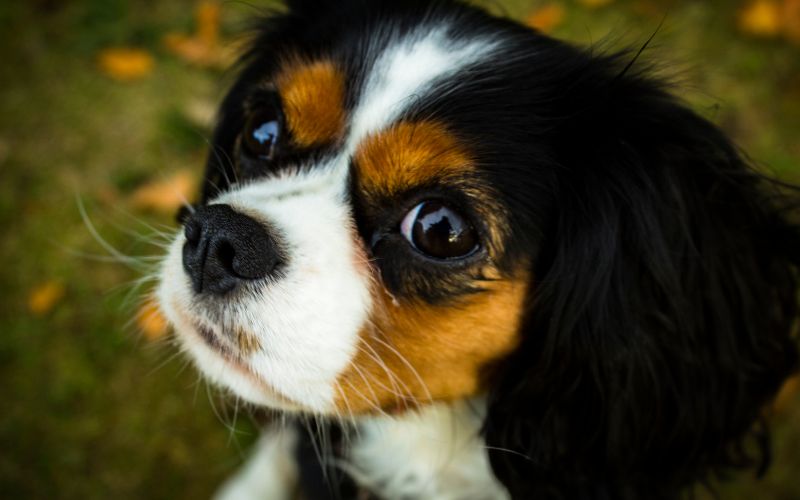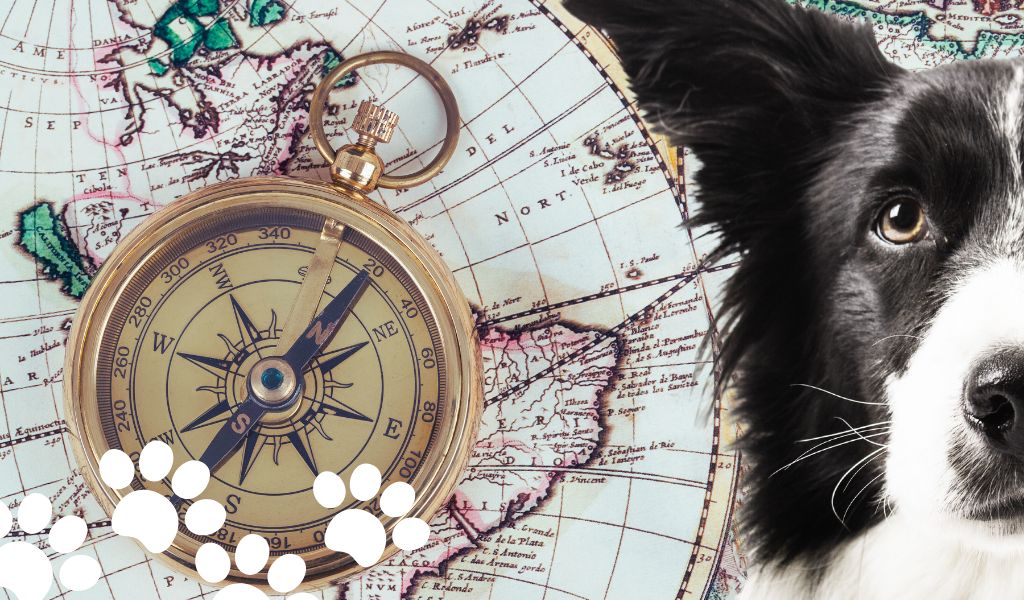Every dog breed possesses unique traits and characteristics, and the Cavalier King Charles Spaniel is no different.
This affectionate and charming breed varies in size, often leaving some owners content with their dog’s stature, while others may be taken aback by their Cavalier’s larger-than-expected size.
So, what factors contribute to the size of a Cavalier King Charles Spaniel?
Let’s delve deeper into the reasons behind their varying dimensions.
One of the main reasons for the large size of many Cavalier King Charles spaniels is a lack of exercise combined with excessive eating which results in weight gain. There can also be genetic reasons why your Cavalier is larger than others.
Why are some Cavaliers bigger than others
When you think of a Cavalier King Charles Spaniel, the first thing that comes to mind is usually its small size.
But what many people don’t know is that Cavaliers can actually get quite large – some as big as 30 pounds.
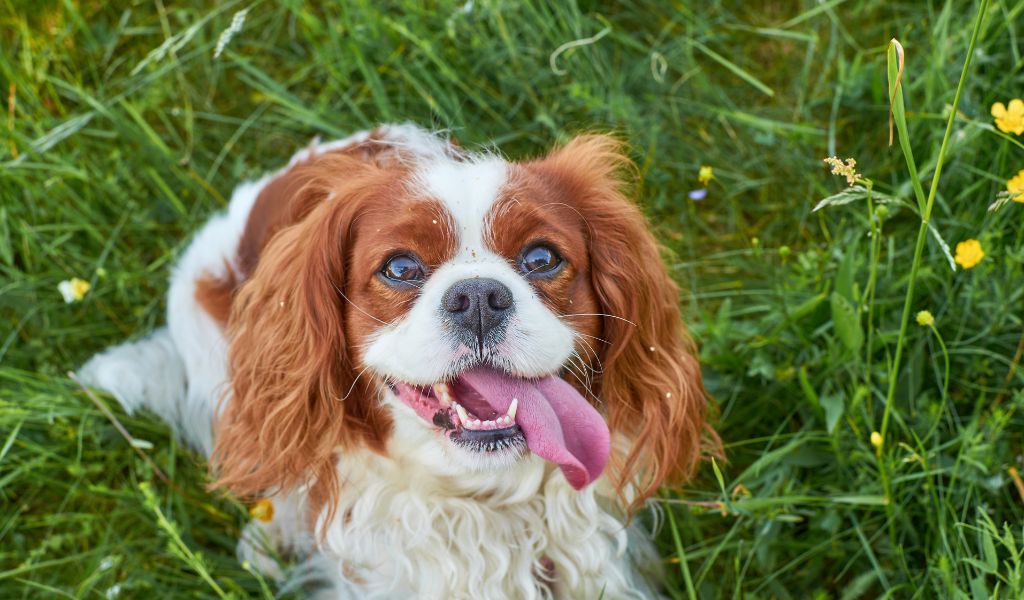
Cavaliers are prone to weight gain
If your Cavalier has been putting on some extra weight lately, here are a few reasons why.
One possibility is that your dog may be getting too much food. Cavaliers are prone to overeating and will quickly put on the pounds if they’re not kept in check.
Make sure you’re only feeding your dog the recommended amount of food, and try to avoid giving them scraps or leftovers.
Another possibility is that your Cavalier is not getting enough exercise. Like humans, dogs need regular exercise to maintain their health and stay in shape.
If your Cavalier isn’t getting enough activity, he may be turning to food for entertainment instead.
Try taking him for a walk or playing with him in the yard every day to help burn off some excess calories.
A third possibility is that there may be something wrong with your dog’s metabolism. Some Cavaliers simply have faster metabolisms than others.
This means they require more calories to maintain their weight.
If you’re concerned about your Cavalier’s weight gain, it’s best to consult with your veterinarian to see if there may be an underlying medical issue at play.
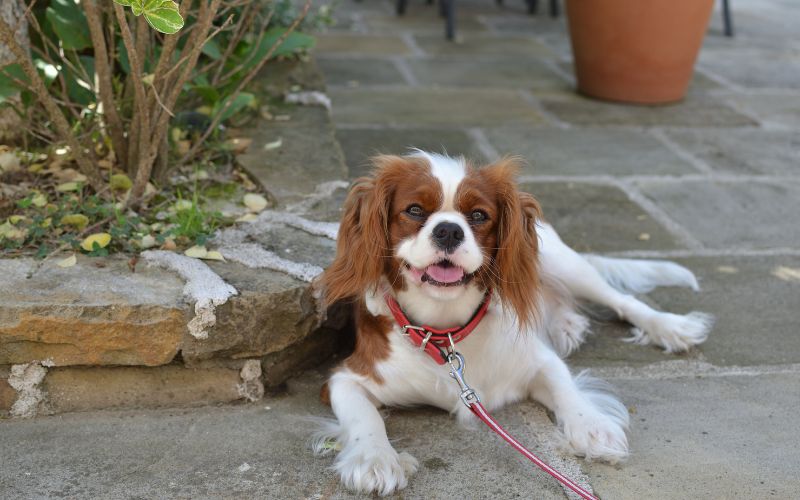
Genetics and breeding can affect size
Genetics is the study of how traits are passed down from parents to offspring.
Every dog has two copies of each gene, one from each parent, which can affect their size, colour, shape, and behaviour.
Breeders can use genetic testing and selective breeding to produce puppies with desirable traits.
When it comes to size, the IGF1 gene plays a big role. Dogs with a mutation in this gene tend to be smaller than those without it.
Breeders can choose to mate dogs with this mutation to produce smaller Cavalier King Charles Spaniels.
On the other hand, the HMGA2 gene affects bone development and height in dogs.
Dogs with certain variants of this gene tend to be taller than others.
Breeders can choose to mate dogs with taller variants of HMGA2 to produce larger Cavalier King Charles Spaniels.
But genetics is not the only factor that influences size.
The environment, such as diet and exercise, can also play a role.
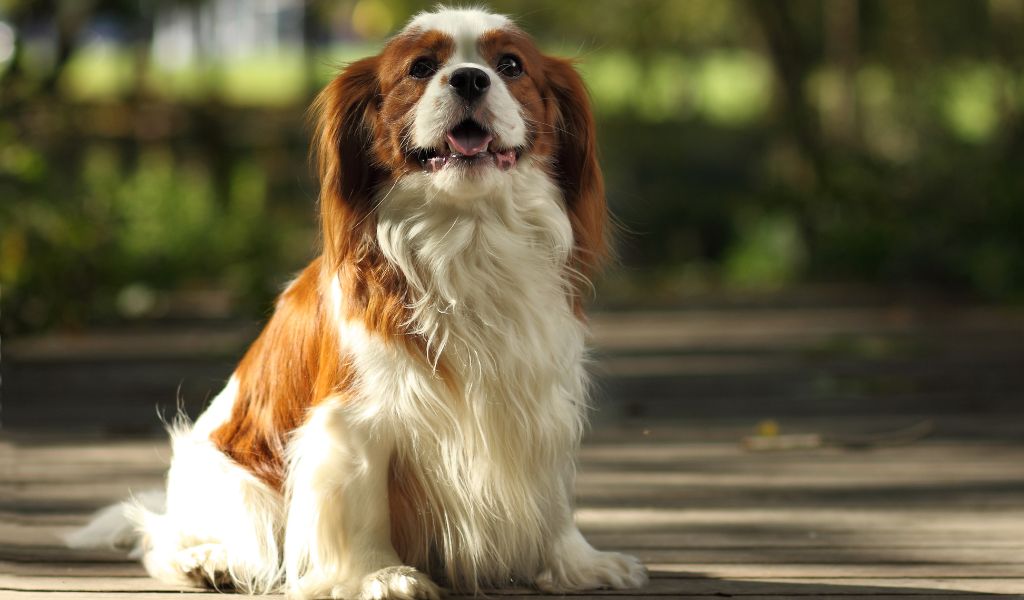
Dogs that eat a high-calorie diet or don’t exercise enough may become overweight or obese, affecting their overall size and health.
When breeding, it’s important to consider not just size, but also health, temperament, and genetic diversity.
Inbreeding, or breeding closely related dogs, can increase the risk of inherited health problems and reduce genetic diversity.
Responsible breeders aim to produce healthy and happy puppies that conform to breed standards, while also promoting genetic diversity and minimizing the risk of inherited health problems.
WHY IS MY CAVALIER KING CHARLES SPANIEL SO BIG?
If your Cavalier King Charles Spaniel appears to be larger than the breed standard, there could be several reasons behind it. Here are some points to consider:
- Genetics
Breed Purity: Ensure that your dog is a purebred Cavalier King Charles Spaniel. Sometimes mixed-breed dogs might resemble one breed but carry genes that make them larger.
Parental Size: The size of your dog’s parents can influence its adult size. If they were larger than the breed standard, your dog might be as well. - Overfeeding
Diet: An inappropriate diet or overfeeding can lead to an oversized or overweight dog.
Treats: Excessive treats or human food can contribute to increased size and weight. - Lack of Exercise
Physical Activity: Insufficient exercise can lead to weight gain, making your dog appear larger.
Play: Engaging in regular play is crucial for maintaining a healthy weight and muscle tone. - Health Issues
Hypothyroidism: This condition can lead to weight gain and is relatively common in some dog breeds.
Other Medical Conditions: Certain health issues can cause bloating or an enlarged abdomen, making your dog appear bigger. - Age and Development
Puppy Growth: Puppies might have growth spurts and appear larger at certain stages of development.
Senior Dogs: Older dogs might gain weight or appear larger due to decreased activity levels. - Breeding Practices
Selective Breeding: Some breeders might select for larger dogs, even if this is outside the breed standard.
Inconsistent Breeding: Lack of adherence to breeding standards can result in variations in size within the breed. - Neutering
Metabolic Changes: Neutering or spaying can alter a dog’s metabolism, sometimes leading to weight gain.
Appetite Increase: Some dogs may experience an increase in appetite after being neutered, contributing to an increase in size if not managed properly. - Environmental Factors
Living Conditions: Dogs that are kept in environments where they are not stimulated or exercised adequately may gain weight.
Stress: Stress and anxiety can sometimes lead to overeating and subsequent weight gain in dogs. - Incorrect Breed Standard
Misinformation: Ensure that the size you expect your Cavalier King Charles Spaniel to be is based on accurate breed standards.
Variability: There can be natural variability in size within any breed. - Parasites
Worm Infestations: Certain parasitic infestations can cause bloating or a distended abdomen, making your dog appear larger.
If you’re concerned about your Cavalier King Charles Spaniel’s size, it’s advisable to consult with a veterinarian. They can help determine whether the size is due to genetic factors, provide advice on managing weight and diet, and rule out any potential health issues.
Cavaliers can grow into large dogs
While Cavalier King Charles Spaniels usually max out at around 30 pounds, there are some that can grow even larger.
These ” Giant Cavaliers ,” as they’re sometimes called, can weigh up to 50 pounds or more.
Giant Cavaliers are much rarer than their smaller counterparts, but they do exist.
If you’re interested in owning one of these big dogs, be prepared for a bit more exercise and feeding than you would need with a standard Cavalier.
Cavaliers come in different sizes
While all Cavaliers are small dogs, there is some variation in size among individual dogs.
Some Cavaliers may only weigh 10 pounds while others may tip the scales at 30 pounds.
This variation is due to a number of factors, including the dog’s diet, exercise routine, metabolism and the breeding profile that has been adopted for this particular example of Cavaliers.
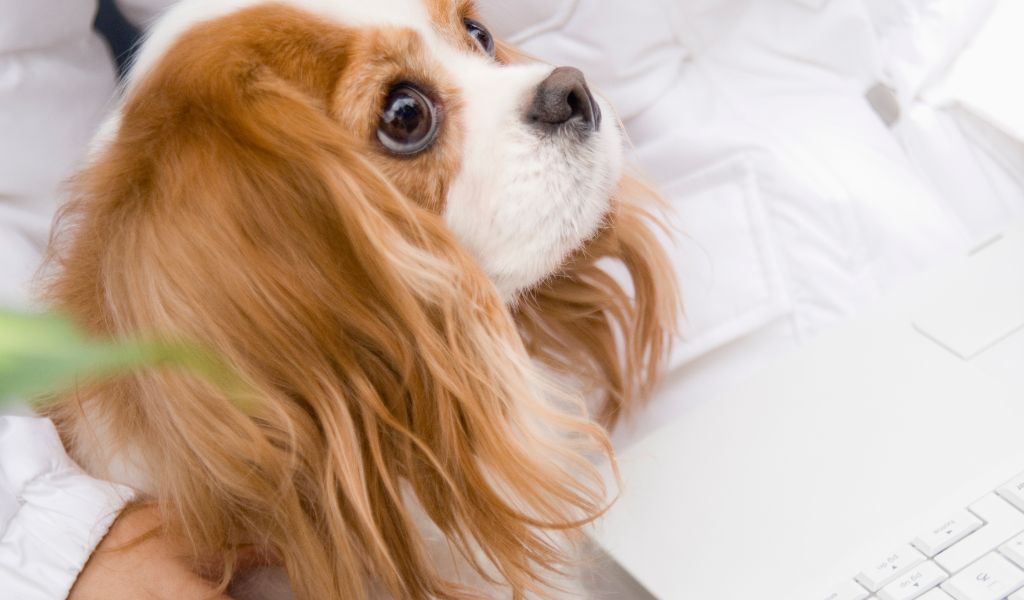
What is the average size of a Cavalier King Charles Spaniel?
The average size of a Cavalier King Charles Spaniel is between 13 and 18 pounds. However, some dogs may be larger or smaller than this range.
According to the American Kennel Club (AKC), the ideal height for a Cavalier King Charles Spaniel is between 12-13 inches at the shoulder, with a weight of 13-18 pounds.
The breed standard also specifies other physical characteristics, such as a slightly rounded skull, a moderate stop, and a muzzle that is not too long or too short.
The breed standard also describes the ideal coat and colour, which should be silky and soft with feathering on the ears, chest, legs, and tail, and come in a variety of colours including Blenheim, tricolor, black and tan, and ruby.
Beyond physical appearance, the breed standard also describes the ideal temperament and personality for a Cavalier King Charles Spaniel.
They should be friendly, affectionate, and eager to please, with a gentle and sweet nature that makes them excellent family dogs. They should also be intelligent and trainable, with a keen sense of hearing and a love of companionship.
It’s important to note that not all Cavalier King Charles Spaniels will meet the exact standards outlined in the breed standard.
Variations in size and other physical characteristics are common, and do not necessarily indicate poor breeding or health.
It’s important for potential dog owners to focus on finding a dog that is healthy, happy, and well-adjusted, rather than solely on conforming to a specific breed standard.
No products found.
When is a Cavalier King Charles spaniel fully grown?
A Cavalier King Charles Spaniel is typically fully grown by the time they reach one year of age.
However, some dogs may continue to fill out and grow until they are 18 months old or even older.
What size do miniature Cavalier King Charles spaniels get?
Miniature Cavalier King Charles Spaniels usually max out at around 13 pounds.
These smaller dogs are just as loving and friendly as their larger counterparts, but they may be a better fit for households that don’t have a lot of space.
What size do toy Cavalier King Charles spaniels get?
Toy Cavalier King Charles Spaniels usually max out at around 10 pounds.
These tiny dogs are the smallest members of the breed and make great lapdogs for people who want all the love and personality of a Cavalier without the size.
Male Cavaliers are often bigger than females
Male Cavaliers are typically larger than females, but there is some overlap between the two sexes.
Some female Cavaliers may reach the same size as a small male, while some males may stay on the smaller side.
Final Words
There are a number of reasons why your Cavalier King Charles is big and it really all comes down to individual circumstances.
If you have any concerns about your dog’s weight, it’s always best to consult with your veterinarian for expert advice.
Last update on 2024-07-27 / Affiliate links / Images from Amazon Product Advertising API

